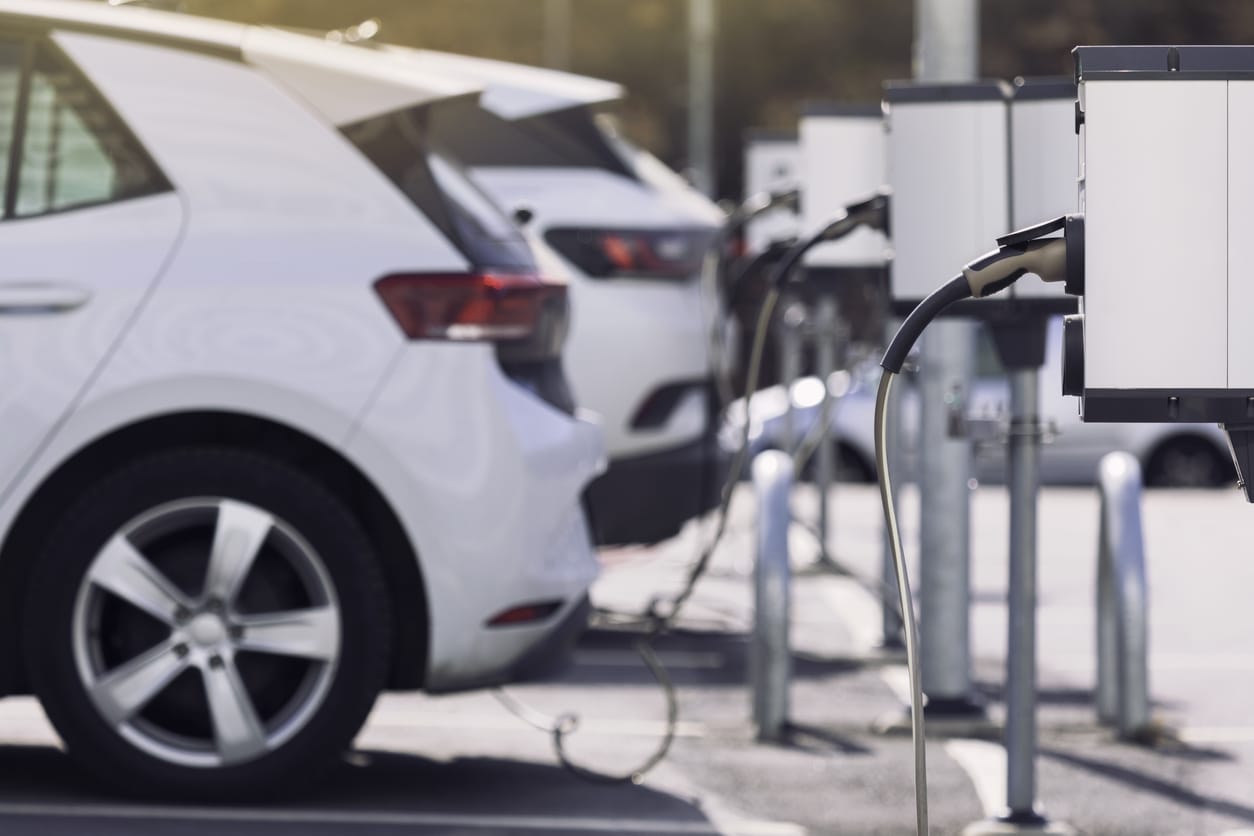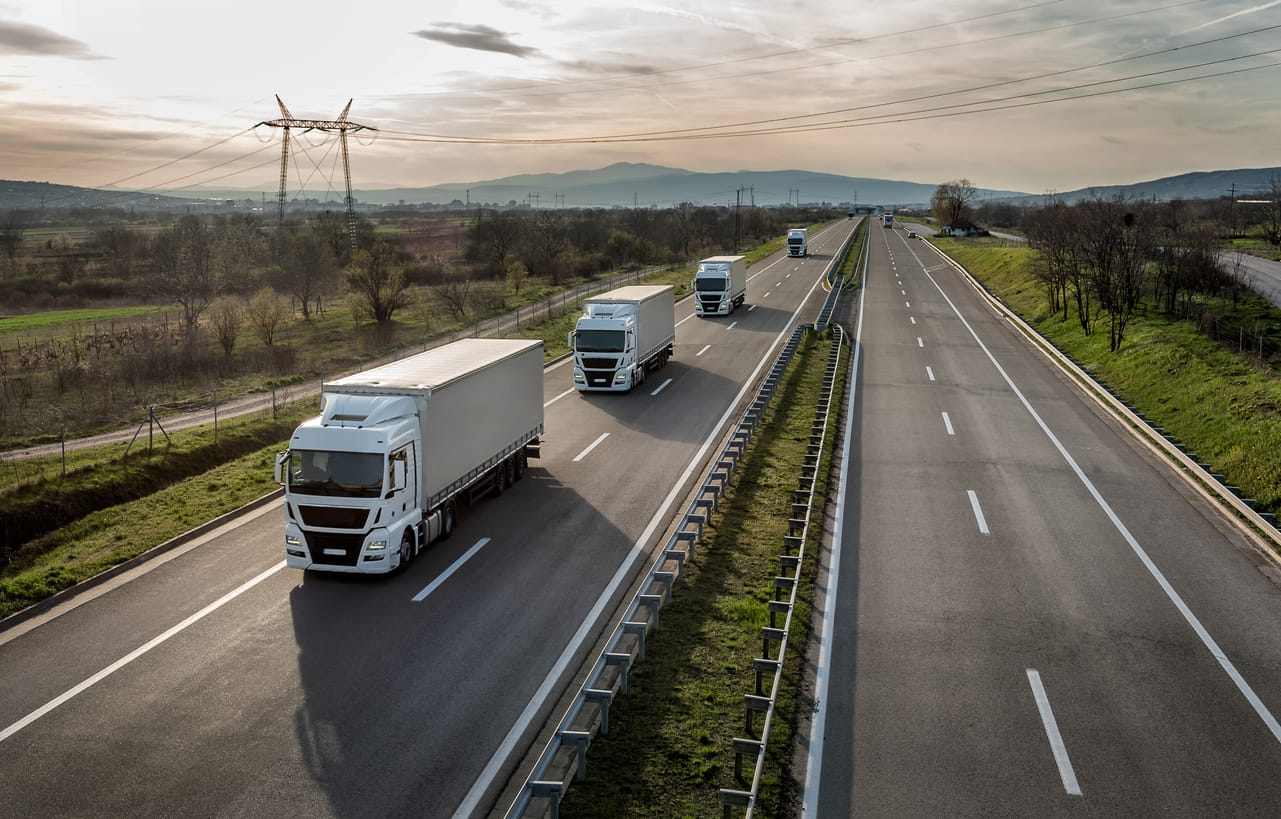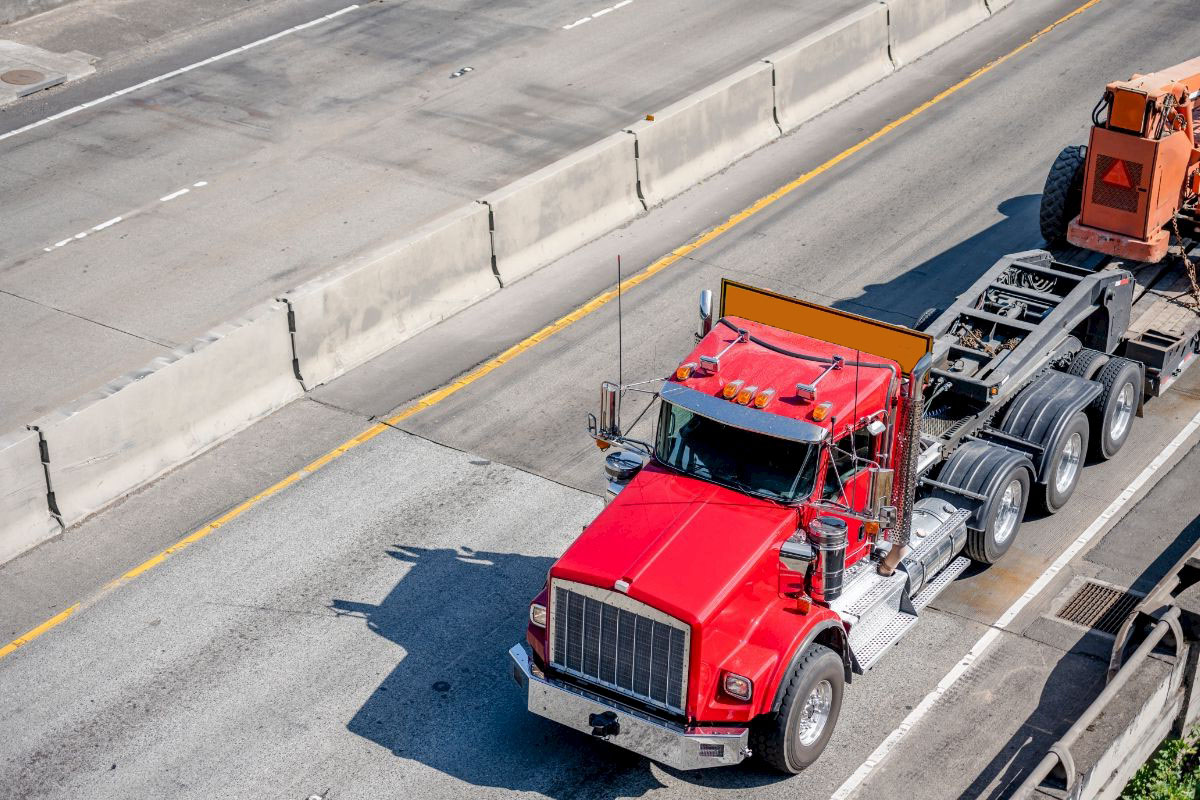The future of EV charging is more promising than ever with the way we are putting so much of an emphasis on battery operated vehicles. Thanks to the current administration, there is a bigger push now more than ever for people to purchase battery operated vehicles by building charging stations along the highways of America, offering tax rebates on the purchase of battery operated vehicles, and the production of battery operated vehicles is up tenfold. Because of this, companies are looking into producing a more efficient EV charging system for people to use.
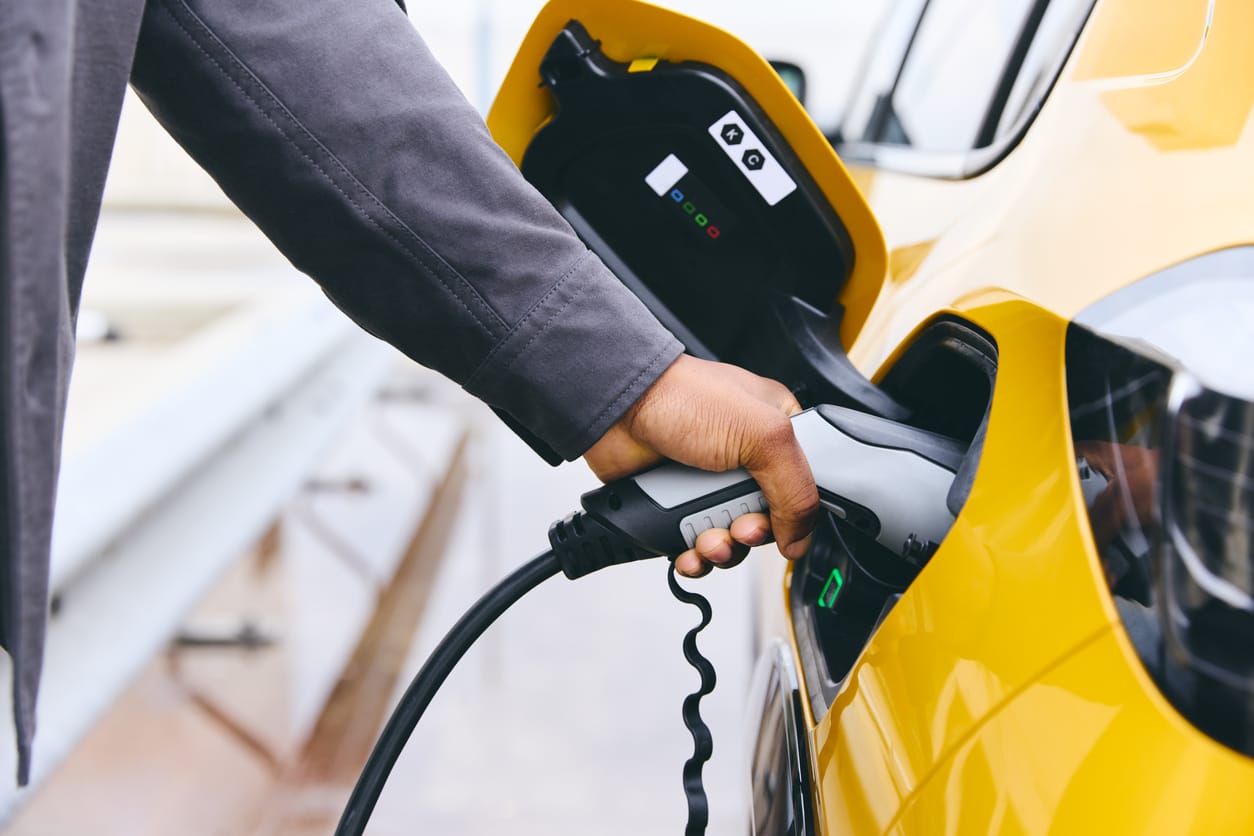
Scientists have been able to increase the charging times previously, but they have damaged the battery. The batteries are damaged as the electric charge that is jammed into the lithium-ion batteries can cause major issues to the battery. The American Chemical Society notes that when charging, lithium ions migrate from the cathode to the anode on the other, speeding up the lithium ions might decrease the charge time but could cause a lithium buildup from the ions that don’t make the migration. This buildup can become harmful to the bathos and cause premature battery failure. Replacing these batteries can be extremely expensive; one can find Tesla battery packs on Ebay for over $30,000. By finding a way to increase the charging times without damaging the battery, it will increase the people’s confidence in battery operated vehicles.
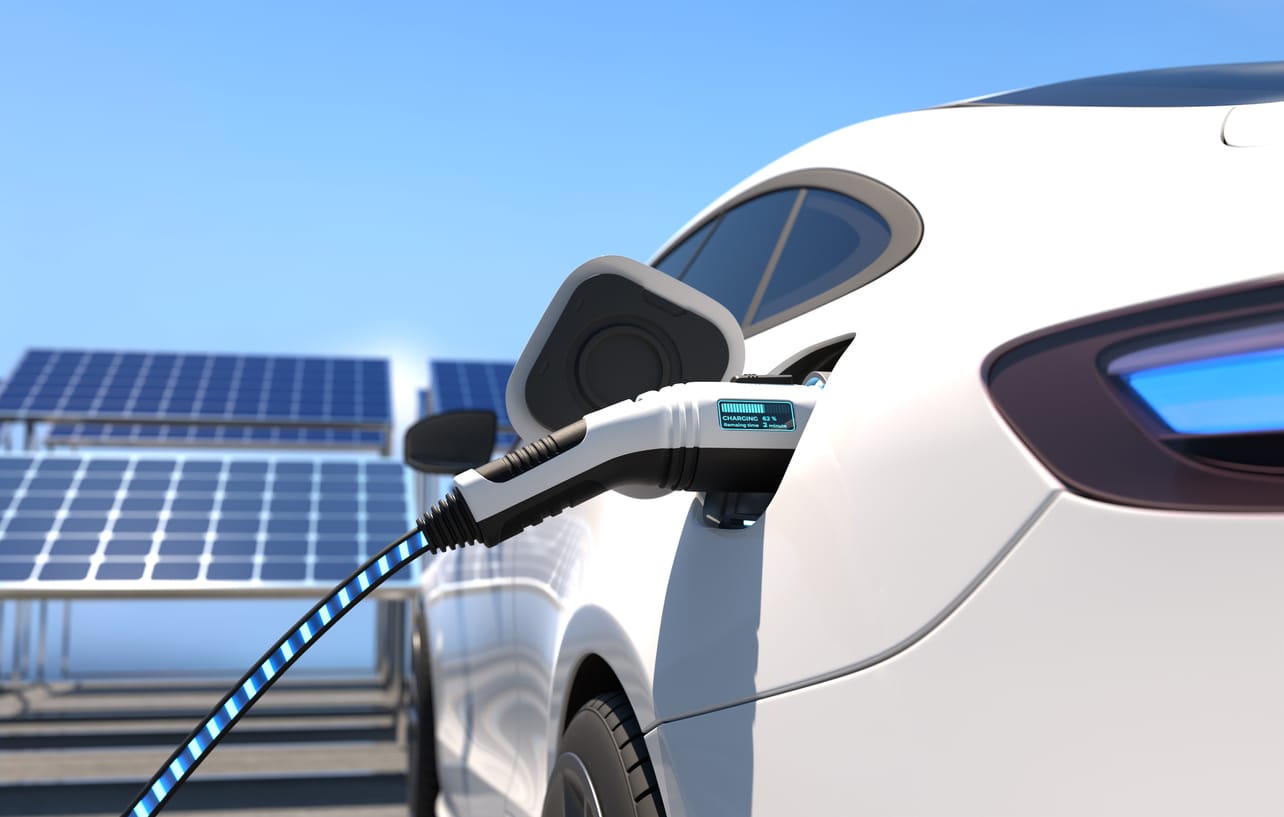
Based on new and improved EV charging stations, scientists at the American Chemical Society reported the new charging method will reduce the charging time of EVs to less than 10 minutes. This is an astounding improvement as the current fastest charging station is about 20-25 minutes depending on the battery and battery level, and any faster would have resulted in early battery failure. This is the major reason why people have been reluctant to buy battery operated vehicles, they can fill up their tank with gas in about 3-5 minutes, but wait for almost a half an hour for their battery to charge. This significant increase in charging time is created by machine learning techniques with loads of data from algorithms about battery conditions during charging and discharging, which produced protocols for efficient charging that won’t damage the battery’s life. Because of this, the new method of charging reaches a charging speed of 0.15 per cent per second.

This new method of charging offers many advantages to owning a battery operated vehicle. One of the advantages is that people are less worried about charging times, as it can take just ten minutes in the morning to charge your vehicle if you have a fast charging EV station. That could equate to you getting your coffee, lunch, and yourself ready before you leave for work. Furthermore, it could provide a new tool in the battle against fossil fuels, which not only helps our climate, but our economy as well as we no longer have to rely on gas to power our vehicles.
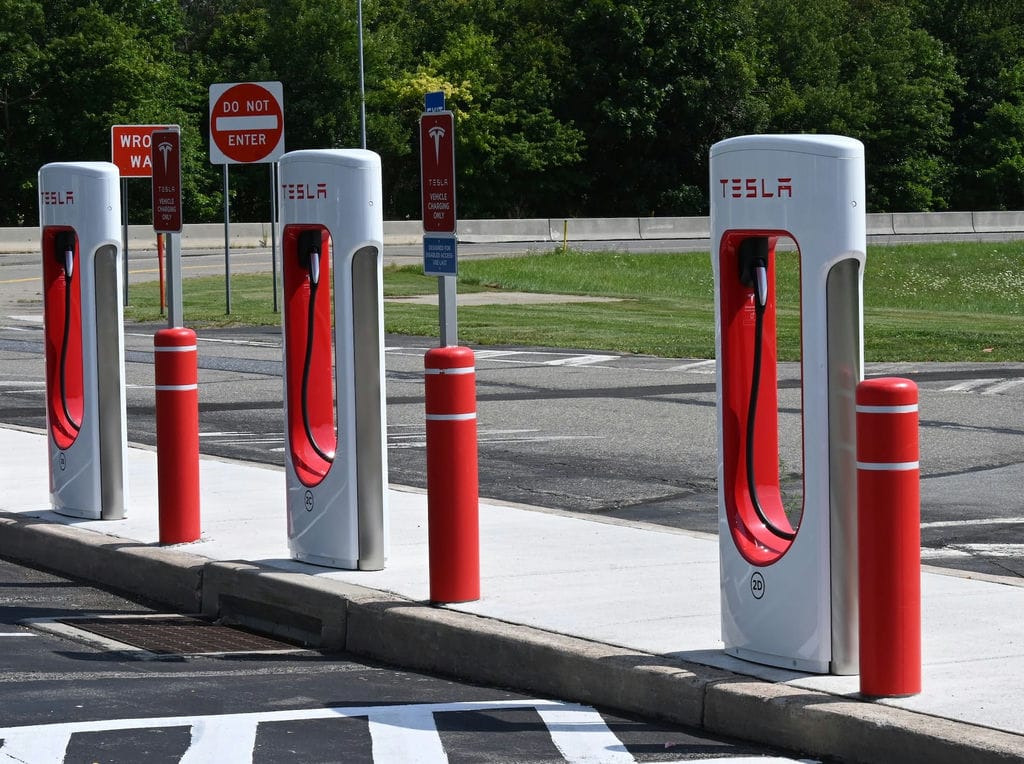
Battery operated vehicles are going to dominate the American roads by early to the mid 2030’s. Because of this, car-manufacturing companies need to find ways to produce the most efficient batteries and battery charging stations possible so people are able to rely on them. By 2027, the new charging stations will be capable of charging your battery-operated vehicle in about 10 minutes, something that was unheard of before as it would have destroyed the battery if charged this quickly. However, because of new techniques, people will soon be able to get over the worry about long charging times, and be able to pull the trigger on purchasing a battery-operated vehicle without hesitation.
